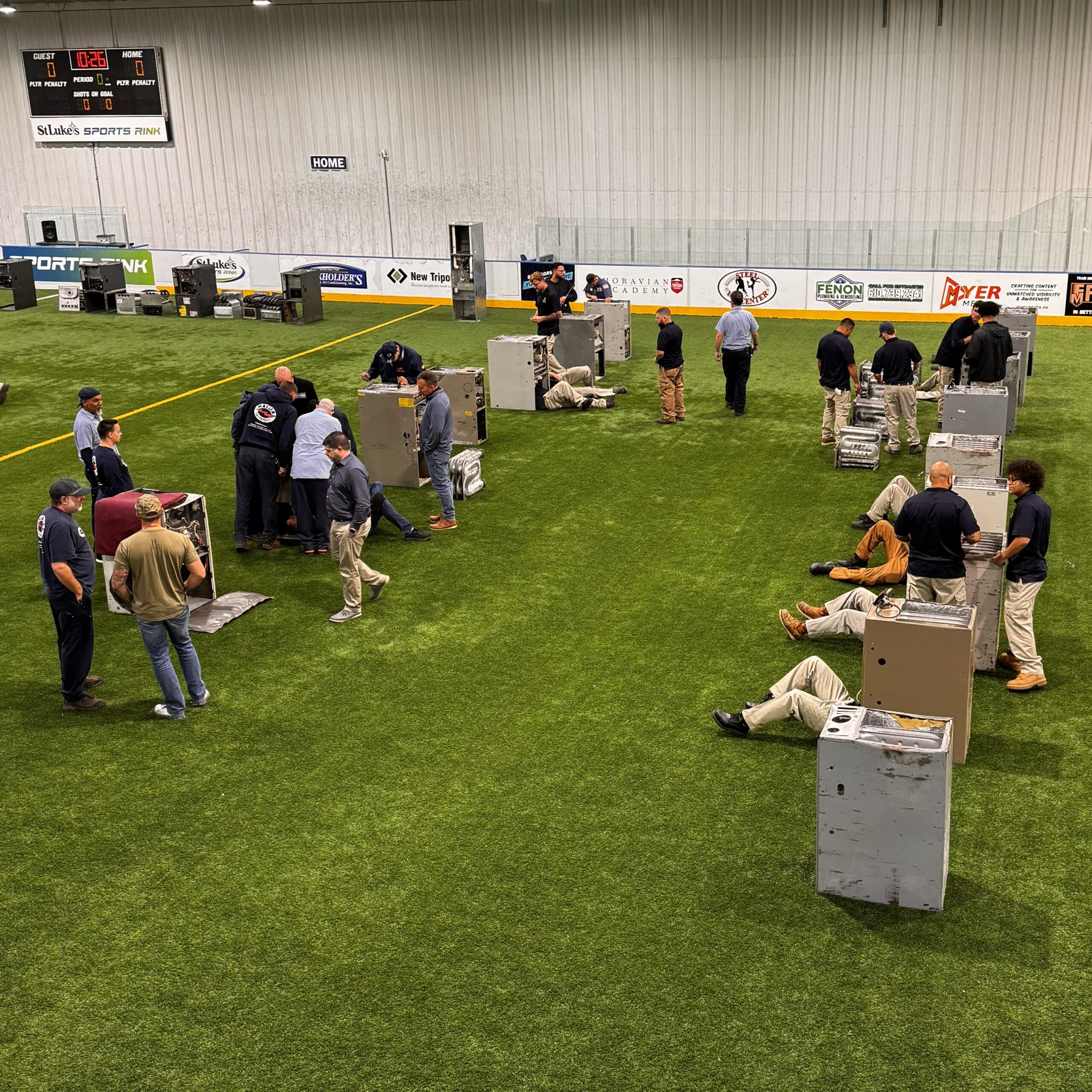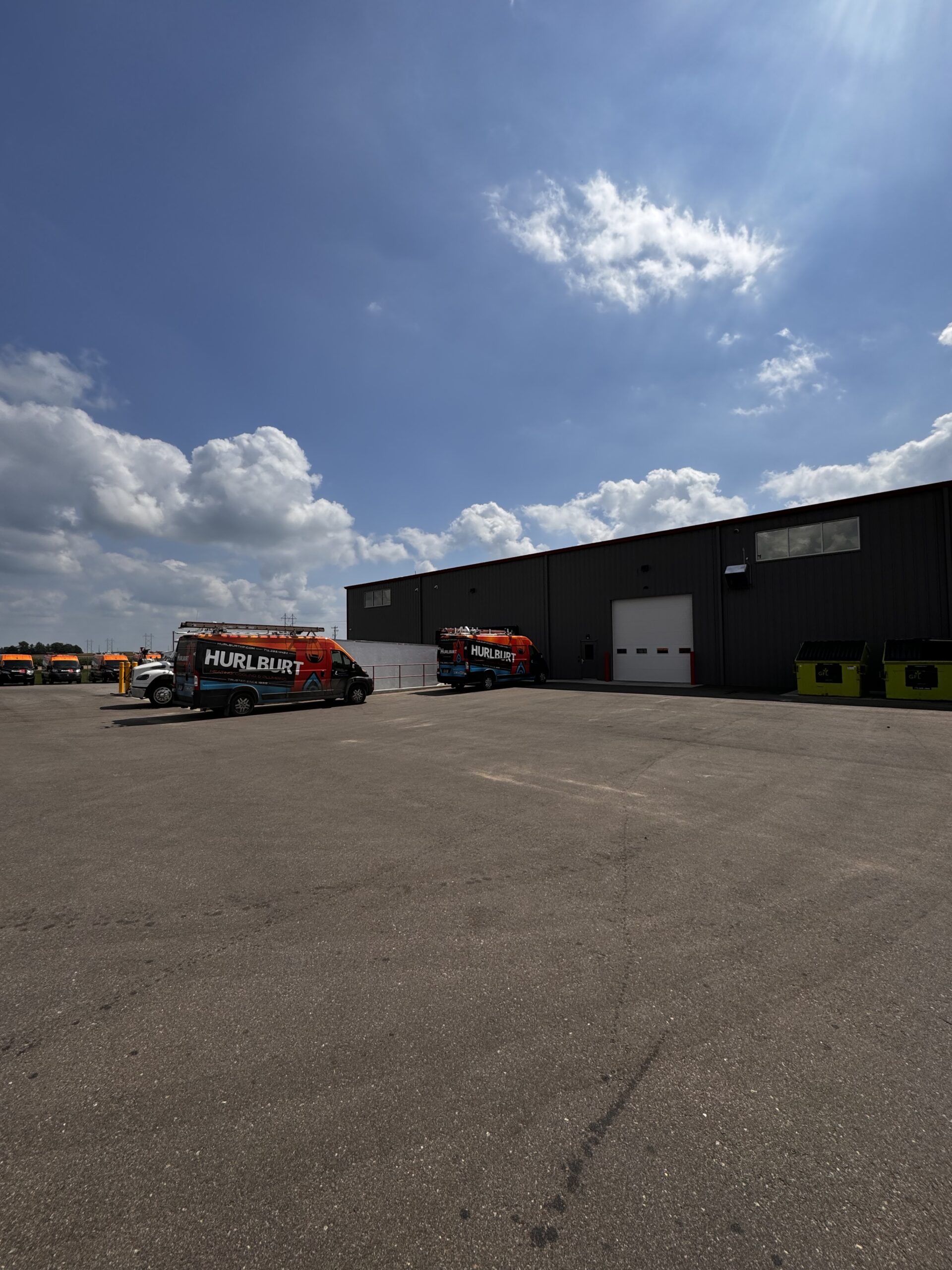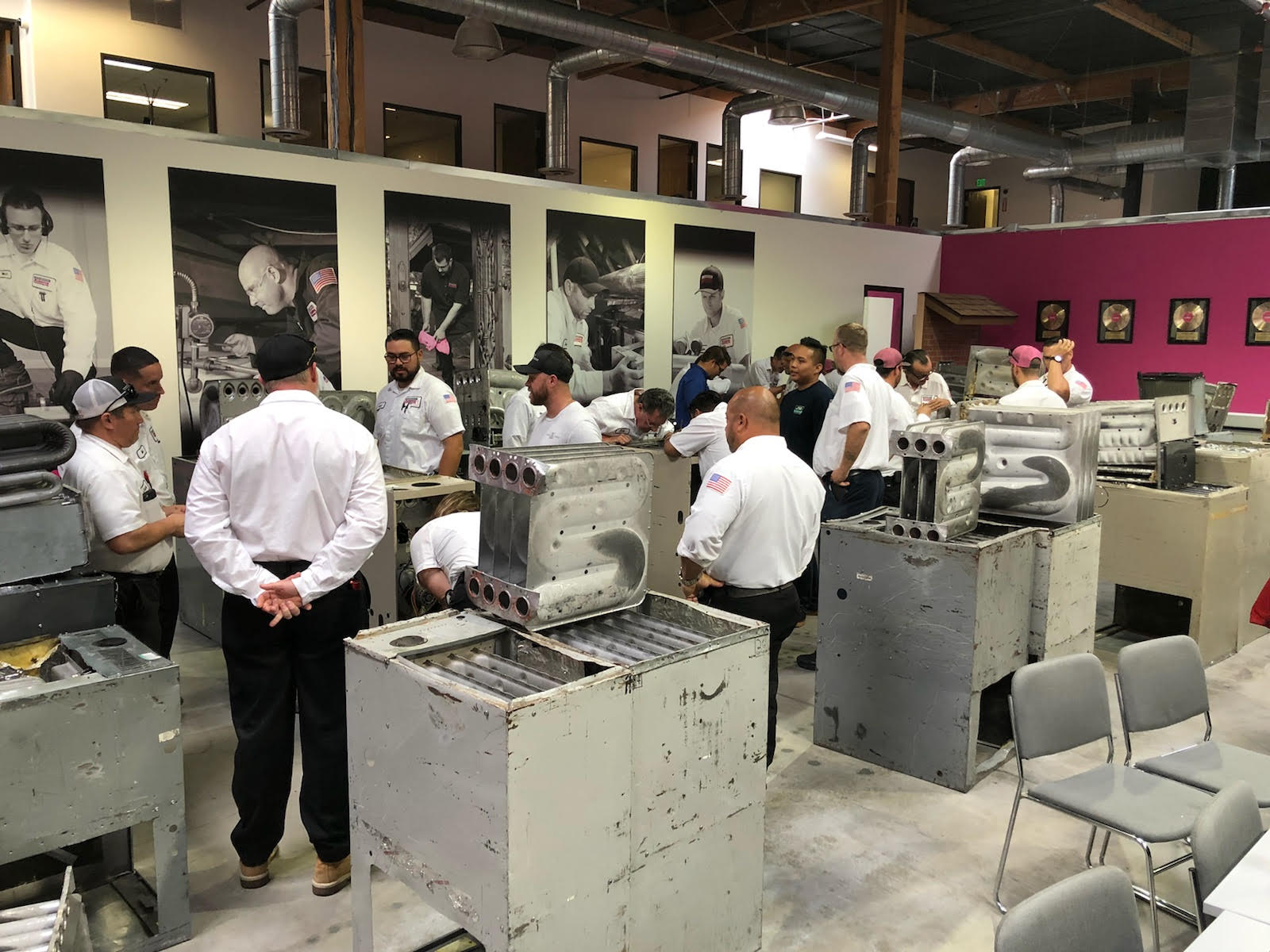If you’re looking to build a rewarding, stable, and high-demand career, few paths offer more opportunity than the HVAC industry—especially for those who take the time to earn professional certification.
HVAC certification courses do more than just teach the basics of heating, ventilation, and air conditioning. They validate your skills, increase your earning potential, and make you a more attractive candidate to employers across residential, commercial, and industrial sectors.
Whether you’re entering the field or looking to take your current role to the next level, here’s how certification can significantly boost your career.
1. More Job Opportunities in a Growing Industry
As new construction, energy-efficient retrofits, and system upgrades continue across the U.S., the demand for qualified HVAC technicians is rising fast. Completing a certification course helps you stand out in a competitive field.
What you gain:
- Immediate credibility with employers
- Qualification for a broader range of jobs, from service technician to installer, diagnostics expert, or refrigeration tech
- A faster path to employment, thanks to your documented skills and hands-on training
Employers increasingly look for certified technicians because it reduces training time, minimizes mistakes, and ensures a higher level of professionalism from day one.
2. Higher Earning Potential and Job Security
HVAC certification opens doors to higher-paying positions and long-term financial stability. Certified technicians often command better wages because they can perform advanced diagnostics, adhere to safety protocols, and reduce costly callbacks.
With certification, you can:
- Qualify for overtime and weekend work (often at higher pay rates)
- Move into supervisory or specialty roles, such as industrial refrigeration or commercial HVAC service
- Enjoy strong job security in an essential, recession-resistant industry
The skills you gain are also transferable across the country, giving you the flexibility to relocate or pursue new opportunities without starting over.
3. Deeper Knowledge and Hands-On Skill Development
HVAC is not a field you can master through theory alone. Certification courses combine classroom instruction with hands-on experience—giving you a real-world understanding of air conditioning systems, furnace components, heat exchangers, and diagnostic tools.
Certification programs typically cover:
- HVAC system design and airflow dynamics
- Combustion safety, refrigerant handling, and equipment troubleshooting
- Use of industry-standard tools like multimeters, manometers, and combustion analyzers
This well-rounded training prepares you for a wide range of jobsite conditions, giving you the confidence and competence needed to work safely and efficiently from day one.
4. A Clear Path to Career Advancement
Whether you’re looking to specialize or eventually run your own HVAC business, certification is a powerful stepping stone.
Benefits for career growth:
- Opens the door to advanced certifications like NATE, EPA Section 608, and more
- Helps you qualify for roles in commercial, industrial, or low-temperature refrigeration systems
- Establishes the foundational knowledge needed for team leadership, project management, or training positions
Completing HVAC certification also prepares you to adapt to evolving technologies—such as smart thermostats, variable-speed systems, and environmentally friendly refrigerants.
5. Increased Professional Credibility
Certification shows potential employers—and customers—that you’re serious about your craft.
- It demonstrates that you’ve met national training standards
- It proves your ability to work safely, ethically, and efficiently
- It builds trust in your ability to diagnose and repair issues like cracked heat exchangers, airflow problems, and compressor failures
This trust often leads to better job offers, stronger client relationships, and long-term professional success.
Take the Next Step with Heat Exchanger Experts
Ready to level up your HVAC career? At Heat Exchanger Experts, our specialized, hands-on training seminars provide the knowledge and real-world experience you need to succeed in the field.
We’re proud to support technicians at every stage of their career with:
- One-day intensive training focused on heat exchanger inspection and diagnostics
- Access to 50+ real-world exchanger models, covering decades of furnace evolution
- Expert-led instruction based on 50+ years of field-tested HVAC experience
- A comprehensive inspection manual you can reference long after the seminar ends
Explore Our Upcoming Seminars and join thousands of HVAC professionals who have taken their careers to the next level with certification and specialized training.
FAQ: HVAC Certification and Career Advancement
1. Do I need certification to work in HVAC?
While some entry-level positions don’t require certification, most employers prefer certified technicians for safety, compliance, and performance reasons. Certification also helps with career advancement and pay increases.
2. What’s the difference between training and certification?
Training refers to the education you receive in a course. Certification is the official recognition that you’ve met certain skill and knowledge standards—often demonstrated through a final exam.
3. How long does it take to complete an HVAC certification course?
Courses vary, but many certification programs can be completed in a few months. Short, intensive seminars like those from Heat Exchanger Experts can significantly enhance your skills in just one day.
4. What roles can I pursue after certification?
Certified HVAC professionals can work in residential installation, commercial service, industrial systems, refrigeration, or even transition into team leadership and instructor roles.
5. Does certification increase my earning potential?
Yes. Certified technicians often earn more than their non-certified peers and have access to more job opportunities, including higher-paying specialized or supervisory roles.
6. Is hands-on training included in most HVAC courses?
The best programs offer hands-on instruction with real equipment. At Heat Exchanger Experts, our seminars provide direct experience with over 50 real-world heat exchangers, so you leave with confidence, not just theory.





